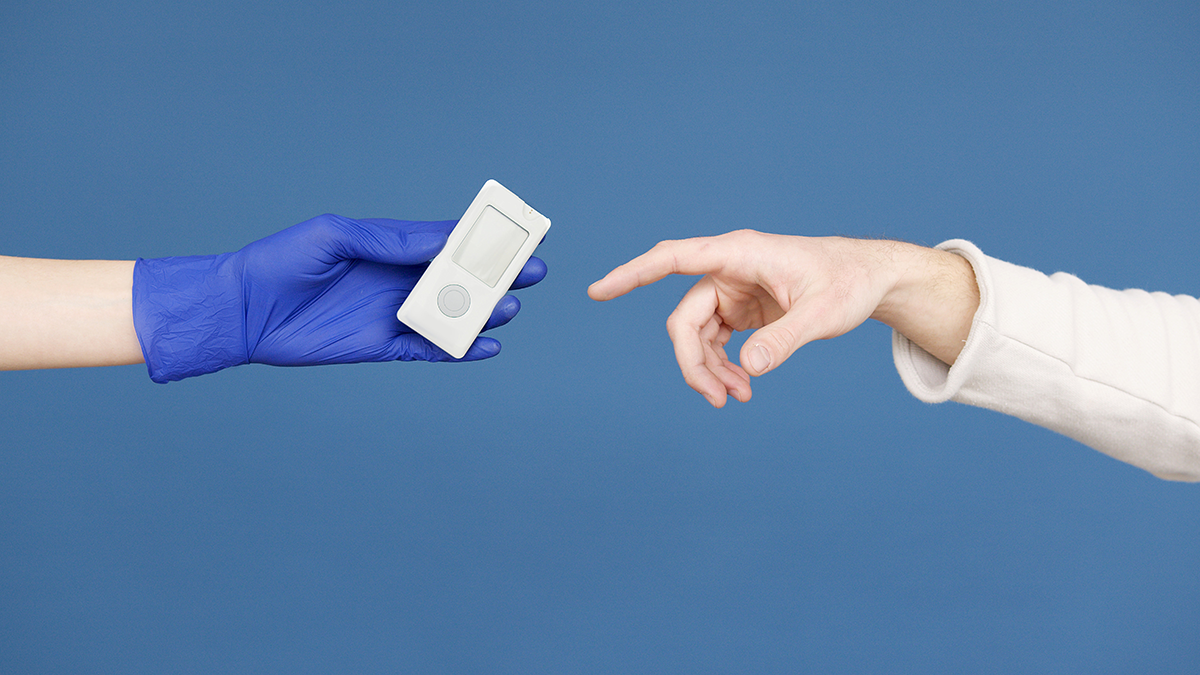About This Paid Research Study
We’re currently researching a study medication that is being investigated to possibly improve the body’s response to hypothyroidism (low thyroid function) by reaching target hormone levels. This study is researching a new formula of levothyroxine to replace standard oral levothyroxine dosing in patients with hypothyroidism.
Screening and all study visits will be at our San Diego area research clinic. Transportation can be arranged by and paid for by ProSciento. You do not need to live in San Diego, CA to participate. We encourage those that reside in neighboring cities to also participate.
You do not need health insurance to participate. All study tests and examinations will be at no cost to you.
Start the process today! During your 1-on-1 call, we’ll get more health information from you. We will use this information to find out if you are eligible for this study or any other paid and actively enrolling studies at our research center.
You May Qualify If You Are:
- An adult between 18 to 65 years of age
- Taking the prescription levothyroxine (ie. Synthroid, Levoxyl, Unithroid)
Study Details:
Up to 16 weeks
Up to $5,550
scroll to apply
Sign Up Today
To join this paid research study, you will need to complete an easy and risk-free, 20-minute phone questionnaire about you and your current health status. We will use this information to find out if you are eligible for this study or any other paid and actively enrolling research studies at our research center.
Get To Know Us
ProSciento’s clinical research facility is located 10 miles south of San Diego’s downtown area, 13 miles south of the San Diego International Airport, and 7 miles north of the US/Mexico border.
An on-site parking lot and parking garage are available and located within convenient access to public transportation. Additional transportation options may also be available at no-cost to you.
Visit Us
855 3rd Avenue,
Suite 4400,
Chula Vista, CA 91911
Call Us
1-866-308-7427
Hours (PST)
Monday – Friday
7 a.m. – 6 p.m.
Contact Us
hello@myproscientostudy.com




